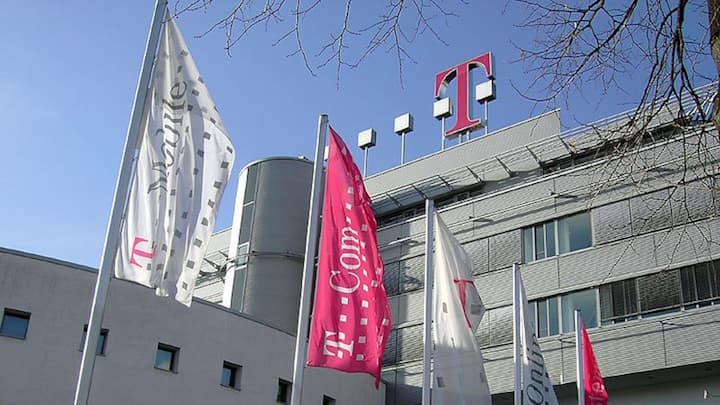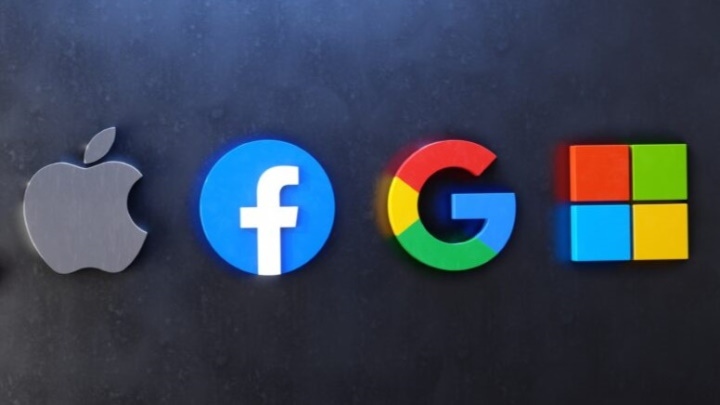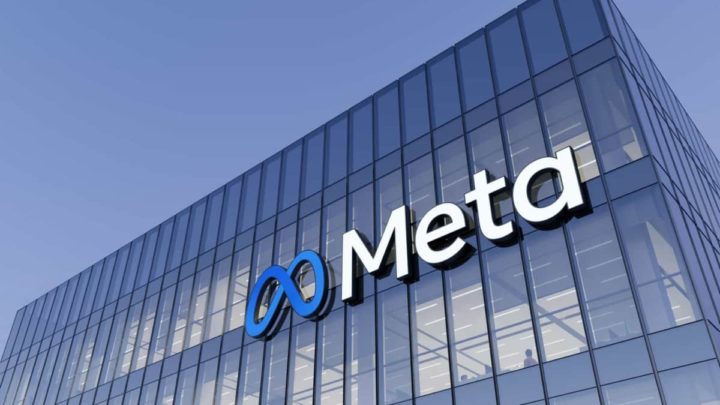The Cologne Regional Court issued a landmark decision in Europe: Meta was ordered to pay a fine Deutsche Telekom Traffic generated by your social networks. Now, Mark Zuckerberg’s company has been ordered to pay around €20 million in damages, opening the door to something unprecedented: operators starting to charge tech companies.

Should big tech companies pay for the traffic they generate?
For more than a decade, phone and telecommunications operators have been demanding that big technology companies, such as Google, Meta, Netflix or Amazon, Payment of fees Because its users use data networks installed by operators.
In this particular case, the Regional Court in Cologne ruled in favour Deutsche Telekom, which alleged that Meta misused its data network. The court ruled against Mark Zuckerberg's company To pay compensation amounting to approximately 20 million euros.
However, the crux of the ruling is not the amount applied to meta, but rather the legal recognition of the right of operators to charge technology companies offering online services for the traffic generated by their services. This is a historical requirement of operators Which technology companies refused to acknowledge.

How it all started...
The dispute between Meta and Deutsche Telekom It was operated through a traffic agreement between the two companies. Meta paid the German operator $5.8 million annually in compensation for sending traffic over its networks. However, the technology company considered that it was paying too much He requested a 40% reduction as a condition for renewing the agreement.
a Deutsche Telekom In exchange for a 16% discount on the current contract. The two companies did not reach a satisfactory agreement, so Meta decided to terminate the contract and provide payment.
Although he did not receive any reward for this fact, the operator maintained access to Meta traffic, otherwise it would hurt users' satisfaction. if Deutsche Telekom If Meta is blocked, its clients will not be able to access social media or send WhatsApp messages. This was not part of the German operator's plans.
Therefore, Meta was using the network infrastructure of Deutsche Telekom The operator's hands were tied because it was not acceptable to block users' access to these online services. The only way out for the operator was to go to court.

It's not the fine, but what the sentence means
In claims submitted to the court that Meta had absolute negotiating power due to it having the ability to block traffic to its services, the German court acknowledged that Meta and Deutsche Telekom On an equal footing, Because there is a state of dependence between the two models.
In fact, no online content service can be viable without the service of operators, just as operators will not encourage the use of their networks by their users. If there is no content to consume.
This recognition sets a legal precedent that recognizes the requirement for operators to create a fair “stake” so that big tech companies and platforms can flow Bear part of the cost of implementing and expanding data networks, Which is currently supported by telecom operators.
Read also:

